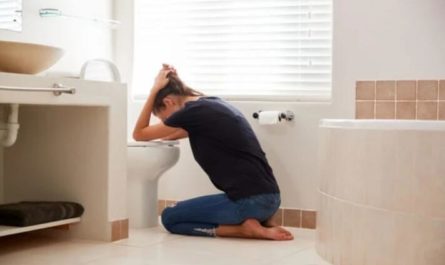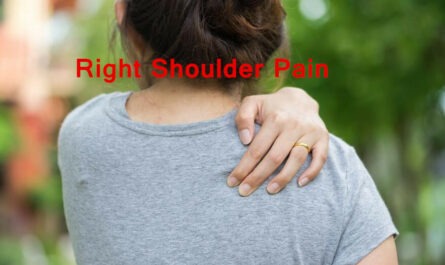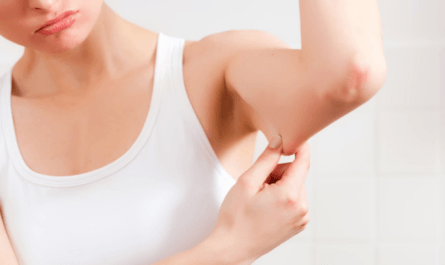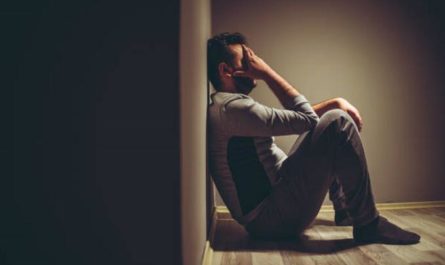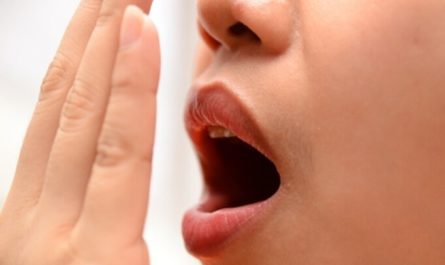Hemorrhoids, also known as piles, are swollen and inflamed veins in the rectum or anus. They can be extremely uncomfortable, causing itching, burning, pain, and bleeding. While hemorrhoids are very common, affecting millions of people each year, they can have a significant impact on quality of life.
There are two types of hemorrhoids. External hemorrhoids are located under the skin around the anus and are usually painful and itchy. Internal hemorrhoids are located inside the rectum and are usually not painful. Hemorrhoids can be caused by straining during bowel movements, aging, pregnancy, and sitting for long periods.
Fortunately, there are many natural remedies that can help provide relief from hemorrhoid symptoms and promote healing. These remedies are generally safe, and affordable, and can be used in the comfort of your own home. In this article, we will explore the 16 most effective natural remedies for getting rid of hemorrhoids at home.
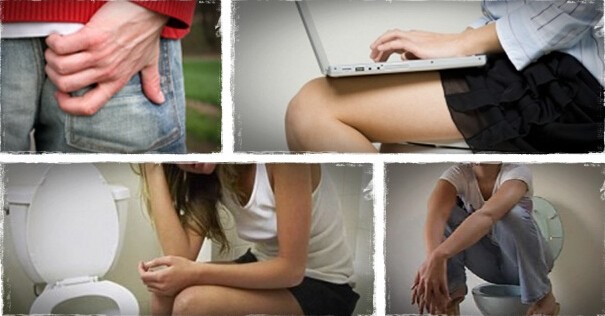
Common Causes of Hemorrhoids
Hemorrhoids develop due to increased pressure in the veins around the anus. Several factors can contribute to this increased pressure:
- Constipation and Straining Chronic constipation and the need to strain during bowel movements is one of the primary causes of hemorrhoids. The straining causes increased pressure in the rectal and anal veins, leading to swelling and inflammation.
- Prolonged Sitting Sitting for long periods, especially on the toilet, can also increase pressure on the rectal veins and cause hemorrhoids. This is common in people with sedentary jobs or lifestyles.
- Low-Fiber Diet Not getting enough fiber in your diet can lead to constipation and straining during bowel movements, increasing hemorrhoid risk. A diet lacking fruits, vegetables, and whole grains contributes to this issue.
- Obesity Being overweight or obese increases abdominal pressure. This can contribute to the development of hemorrhoids. The excess weight puts more strain on the veins in the rectum.
- Pregnancy The weight and pressure of the fetus, along with hormonal changes during pregnancy, can cause the veins around the anus to swell and lead to hemorrhoids.
- Aging As we get older, the connective tissues that help hold the veins in place can weaken and lose elasticity. This will result in hemorrhoids forming more easily.
- Genetics Some people may have a genetic predisposition. This makes them more likely to develop hemorrhoids based on the makeup of their connective tissues.

How to get rid of Hemorrhoids with Natural Remedies?
1. Witch Hazel
Witch hazel is a plant extract that has been used for centuries to treat a variety of conditions, including hemorrhoids. It contains tannins, which are natural compounds that can help reduce inflammation, pain, and bleeding.
To use witch hazel for hemorrhoids, simply soak a cotton ball in the liquid and apply it directly to the affected area. You can do this several times a day for relief. Be sure to use pure witch hazel and not a diluted version with alcohol, as this can further irritate the area. Look for witch hazel products that contain at least 14% tannins for maximum effectiveness.
2. Aloe Vera
Aloe vera is another natural anti-inflammatory that can provide relief from hemorrhoid symptoms. The gel from the aloe plant can be applied directly to external hemorrhoids to help reduce swelling, itching, and pain.
For best results, use a pure aloe vera gel without any added ingredients or preservatives. Simply scoop some gel from the plant’s leaves and apply it to the affected area as needed. You can also take aloe vera juice orally to help soften stools and reduce straining during bowel movements.
3. Coconut Oil
Coconut oil has antimicrobial, anti-inflammatory, and analgesic (pain-relieving) properties that make it a great natural remedy for hemorrhoids. It can help reduce swelling, relieve pain, and promote healing.
You can apply coconut oil directly to external hemorrhoids or consume it orally to help soften stools and prevent constipation. Try to look for virgin or extra-virgin coconut oil, as these have not been processed and retain more of their beneficial properties.
4. Epsom Salt
Epsom salt is a natural compound made up of magnesium and sulfate. When added to a warm bath, it can help reduce the swelling and pain associated with hemorrhoids. The magnesium in Epsom salt also helps relax the muscles around the anus, providing further relief.
To use Epsom salt for hemorrhoid relief, add 1-2 cups to a warm bath and soak for 15-20 minutes. You can do this several times a week as needed. For added relief, you can also make a compress by soaking a clean cloth in the Epsom salt solution and applying it directly to the affected area.
5. Apple Cider Vinegar
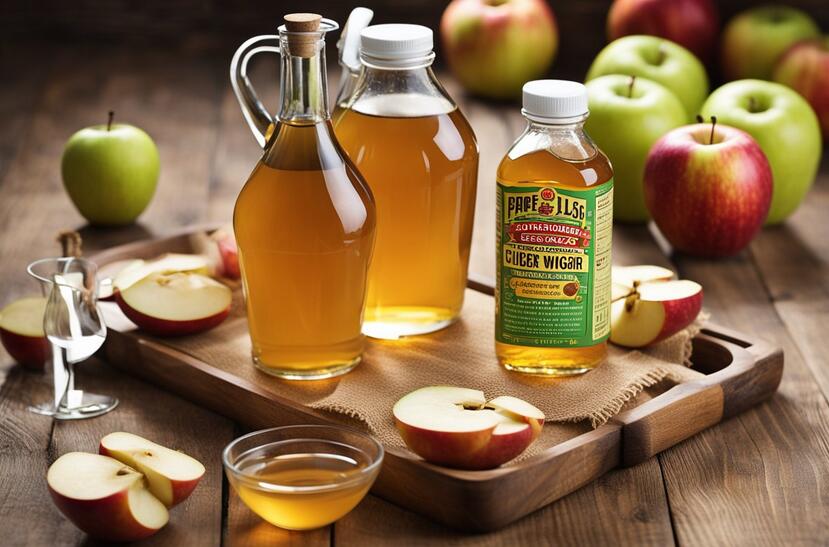
Apple cider vinegar has astringent properties that can help shrink hemorrhoids and provide relief from itching and burning. It’s also thought to have anti-inflammatory effects.
To use apple cider vinegar, dilute it with water (1 part vinegar to 2 parts water) and apply it directly to the hemorrhoids using a cotton ball. You can also add some to a warm bath and soak for 15-20 minutes. Be sure to use raw, unfiltered apple cider vinegar for maximum benefits.
6. Psyllium Husk
Psyllium husk is a soluble fiber that can help soften stools and make them easier to pass, reducing the strain that can worsen hemorrhoids. It also helps relieve constipation, which is a common cause of hemorrhoids.
Take psyllium husk supplements or add the powder to water or juice once or twice a day. Be sure to drink plenty of fluids when taking psyllium to avoid constipation. Start with a small amount and gradually increase to avoid gas and bloating.
7. Butcher’s Broom
Butcher’s broom is an herb that has been used traditionally to treat hemorrhoids and other venous disorders. It contains compounds that can help reduce inflammation and improve blood flow.
Butcher’s broom is available in capsule or tea form and can be taken daily to help relieve hemorrhoid symptoms. Look for standardized extracts containing 9-11% ruscogenins, the active compounds in butcher’s broom.
8. Horse Chestnut
Horse chestnut is another herb that has been used to treat hemorrhoids and other vein-related issues. It contains aescin, a compound that can help reduce inflammation and swelling.
Horse chestnut supplements or topical creams containing the extract can be used to help shrink hemorrhoids and relieve discomfort. Look for products standardized to contain 16-20% aescin for maximum effectiveness.
9. Rutin
Rutin is a bioflavonoid found in many plants that has anti-inflammatory and antioxidant properties. It can help strengthen blood vessels and improve circulation, which may help reduce the swelling and discomfort of hemorrhoids.
Rutin supplements or topical creams containing rutin can be used to help treat hemorrhoids naturally. Look for supplements that provide at least 500mg of rutin per day.
10. Triphala
Triphala is an Ayurvedic herbal formula made from three fruits: amla, bibhitaki, and haritaki. It has laxative effects that can help relieve constipation, a common cause of hemorrhoids.
Triphala is available in capsule or powder form and can be taken daily to help regulate bowel movements and reduce hemorrhoid symptoms. Start with a low dose and gradually increase to avoid digestive upset.
11. Fiber-Rich Diet
Eating a diet high in fiber can help prevent and relieve hemorrhoids by promoting regular, soft bowel movements. Good sources of fiber include fruits, vegetables, whole grains, nuts, and seeds.
Aim for 25-30 grams of fiber per day from a variety of plant-based foods to keep your digestive system healthy and prevent straining during bowel movements. Some high-fiber foods to include are berries, avocados, broccoli, lentils, oats, and chia seeds.
12. Hydration
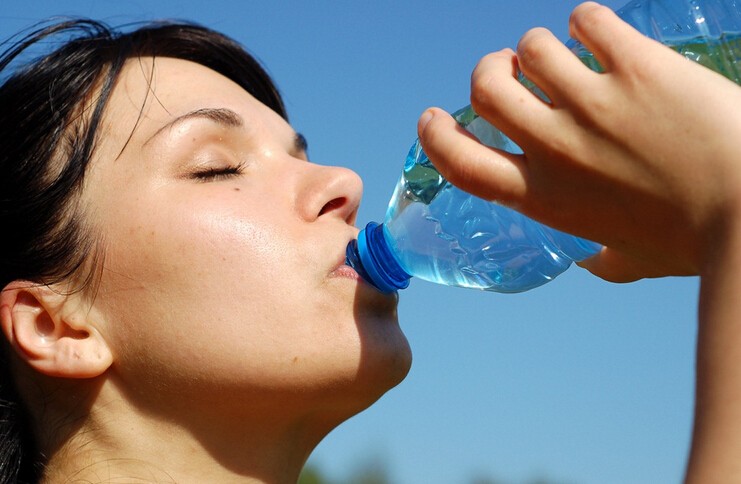
Drinking plenty of water and other fluids can help soften stools and prevent constipation, which can worsen hemorrhoid symptoms. Staying hydrated is essential for overall digestive health.
Aim to drink at least 8 glasses of water per day, and more if you’re active or live in a hot climate. You can also get fluids from herbal teas, fresh fruits and vegetables, and broths.
13. Exercise
Regular exercise can help prevent hemorrhoids by improving circulation and promoting regular bowel movements. However, it’s important to avoid activities that put excessive strain on the area, such as heavy lifting.
Aim for 30-60 minutes of moderate exercise, such as walking, swimming, or cycling, most days of the week. Yoga can also be beneficial, as it promotes relaxation and gentle stretching of the abdominal muscles.
14. Sitz Baths
A sitz bath involves sitting in a few inches of warm water to help relieve hemorrhoid pain, itching, and swelling. You can add Epsom salts, witch hazel, or other natural ingredients to the water for added relief.
Take a 15-20 minute sitz bath 1-2 times per day as needed to help soothe hemorrhoid symptoms. Be sure to gently pat the area dry afterward to avoid further irritation.
15. Cold Compresses
Applying a cold compress or ice pack to the affected area can help reduce swelling and numb pain associated with hemorrhoids.
Wrap an ice pack or frozen vegetables in a towel and apply it to the area for 10-15 minutes several times a day as needed. You can also try alternating between cold and warm compresses for added relief.
16. Stress Management
Stress can contribute to hemorrhoid flare-ups by causing constipation and straining during bowel movements. Finding ways to manage stress can help prevent and relieve hemorrhoid symptoms.
Try stress-relieving activities like yoga, meditation, deep breathing exercises, or simply taking time to relax and unwind each day. Getting enough sleep, exercising regularly, and practicing mindfulness can also help reduce stress levels.
How to Prevent Hemorrhoids?
Incorporating these preventative measures into your daily routine can help reduce your risk of developing painful, problematic hemorrhoids.
1. Maintain a Healthy Weight
Being overweight or obese increases the pressure on the veins in the rectum, which can lead to hemorrhoids. Maintaining a healthy weight through a balanced diet and regular exercise can help prevent this added pressure.
2. Avoid Prolonged Sitting or Standing
Sitting or standing for long periods can also increase pressure on the rectal veins. Take regular breaks to move around and avoid remaining in the same position for too long.
3. Use Proper Lifting Technique
When lifting heavy objects, use your legs instead of your back to avoid straining and putting unnecessary pressure on the rectal area.
4. Stay Active
Regular exercise helps promote healthy bowel movements and can prevent constipation, a major risk factor for hemorrhoids. Aim for at least 30 minutes of moderate activity most days of the week.
5. Avoid Straining During Bowel Movements
Straining to pass stools can worsen existing hemorrhoids and cause new ones to form. Never hold your breath or force bowel movements. If you’re having difficulty, try squatting instead of sitting.
6. Treat Constipation Promptly
If you experience constipation, take steps to relieve it quickly by increasing fiber and fluid intake, using over-the-counter laxatives if needed, and avoiding straining during bowel movements.
7. Practice Good Hygiene
Keep the anal area clean by gently patting dry after bowel movements instead of wiping harshly. You can also try using wet wipes or a peri-bottle to cleanse the area.
When to see a doctor?
See a doctor if you suspect you have hemorrhoids, as they can cause other serious health issues if left untreated. If you are experiencing any of the following symptoms, you should schedule an appointment with a healthcare provider:
- Rectal bleeding that does not stop
- Pain, itching, or burning in the anus
- A lump near the anus that is painful and itchy
- Difficulty sitting or standing due to pain
- Difficulty passing stool due to pain
- Swelling around the anus
- Leakage of feces
- Experiencing other symptoms such as fever, chills, or bloody stools
If your hemorrhoids have persisted for over a few days, you should also seek medical attention. In addition, If you are pregnant, you should also tell your doctor, as they may need to take additional precautions.

